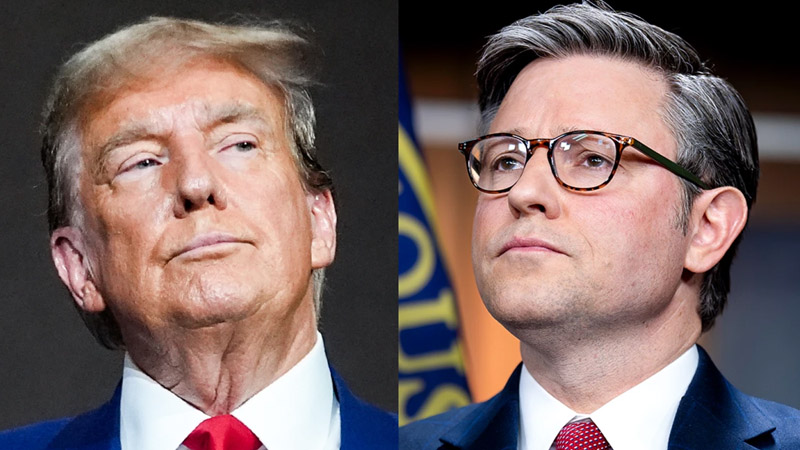“So it proposes to redact or summarize those docs” Unusual Legal Moves in Trump Classified Documents Case Raise Eyebrows

Photo: Cliff Hawkins/Getty Images/AFP
Roger Parloff from Lawfare provided an in-depth analysis on Wednesday regarding the potential for an atypical decision by U.S. District Judge Aileen Cannon in the case involving classified documents and Donald Trump, along with two of his associates, Carlos De Oliveira and Walt Nauta. Parloff sheds light on recent clandestine hearings presided over by Cannon, which were necessitated by the government’s reluctance to disclose classified documents to Trump’s co-defendants.
The core of the legal dispute revolves around 32 classified documents that Trump is accused of deliberately retaining. Parloff points out that since Nauta and De Oliveira are not implicated in those specific counts but are instead charged with obstruction, the government questions the necessity of exposing them to the classified material.
Parloff outlines the critical issues pending resolution: firstly, Trump’s legal team is pressing for access to the highly sensitive documents discussed in a recent proceeding to enable a thorough adversarial debate over the proposed redactions. However, Parloff emphasizes the rarity of such a ruling in Trump’s favor by Judge Cannon and notes that such a decision would likely open the door for Special Counsel Jack Smith to appeal.
“So it proposes to redact or summarize those docs. Each side then meets with [the] judge under seal & ex parte (other side not present). Govt says what it wants to do; defense gives its theory of the defense; judge decides if govt’s proposal is fair,” Parloff explained on X.
The situation becomes even more complex when considering the potential for Cannon to allow Nauta and De Oliveira access to the documents implicated in counts 1-32. Parloff describes such a scenario as “extremely odd” and anticipates that it would prompt the government to pursue an interlocutory appeal.
Beyond these immediate concerns, Parloff identifies a broader issue of significant concern to the government, which pertains to nonclassified information. He explains that the government is urging Judge Cannon to revisit her intention to reveal the identities of more than 24 FBI agents or witnesses, along with their statements. According to the government, such disclosures could pose “significant and immediate risks,” highlighting the delicate balance between transparency and security in this high-stakes legal battle.


